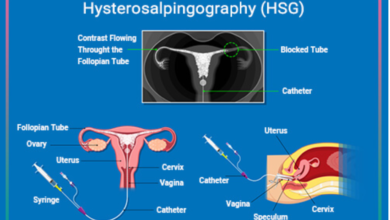Luteinizing Hormone (LH)

What is Luteinizing Hormone test?
A luteinizing hormone (LH) test measures the amount of LH in your blood. LH is a hormone produced by the pituitary gland, a small gland located at the base of the brain. It plays a crucial role in the reproductive system, particularly in ovulation for women and testosterone production for men.
Why Luteinizing Hormone test is required?
An LH test can be used to:
· Assess fertility: In women, a sudden increase in LH levels typically indicates that ovulation is about to occur. This information can be helpful for couples trying to conceive.
· Diagnose reproductive issues: Abnormal LH levels can be associated with conditions such as infertility, irregular menstrual cycles, and polycystic ovary syndrome (PCOS).
· Monitor hormone production: LH levels can help evaluate the function of the pituitary gland and the reproductive organs.
· Determine the stage of menopause: A significant decrease in LH levels can be a sign of menopause.
Which are the method of Luteinizing Hormonetest ?
- Blood test: This is the most common method. A blood sample is drawn from a vein in your arm.
- Urine test: At-home ovulation tests measure LH levels in urine.These tests can be helpful for women trying to conceive.
Who should go for Luteinizing Hormonetest ?
Your doctor may recommend an LH test if you:
- Are experiencing fertility problems
- Have irregular menstrual cycles
- Are experiencing symptoms of menopause
- Have concerns about your hormone levels
- Are undergoing treatment for certain medical conditions
What are the results of Luteinizing Hormonetest ?
The normal range for LH levels varies depending on your age, sex, and menstrual cycle. Your doctor will interpret your results and discuss any abnormalities with you.
High LH levels may indicate:
- Ovulation (in women)
- Pituitary gland problems
- Certain reproductive disorders
Low LH levels may indicate:
- Menopause (in women)
- Pituitary gland problems
- Hypogonadism (a condition where the body produces insufficient sex hormones)
What are the components of Luteinizing Hormonetest ?
An LH test typically involves:
- A blood sample drawn from a vein in your arm
- Laboratory analysis of the blood sample to measure LH levels
- Interpretation of the results by your doctor
It’s important to note that the specific components and procedures may vary depending on the healthcare provider and laboratory.





